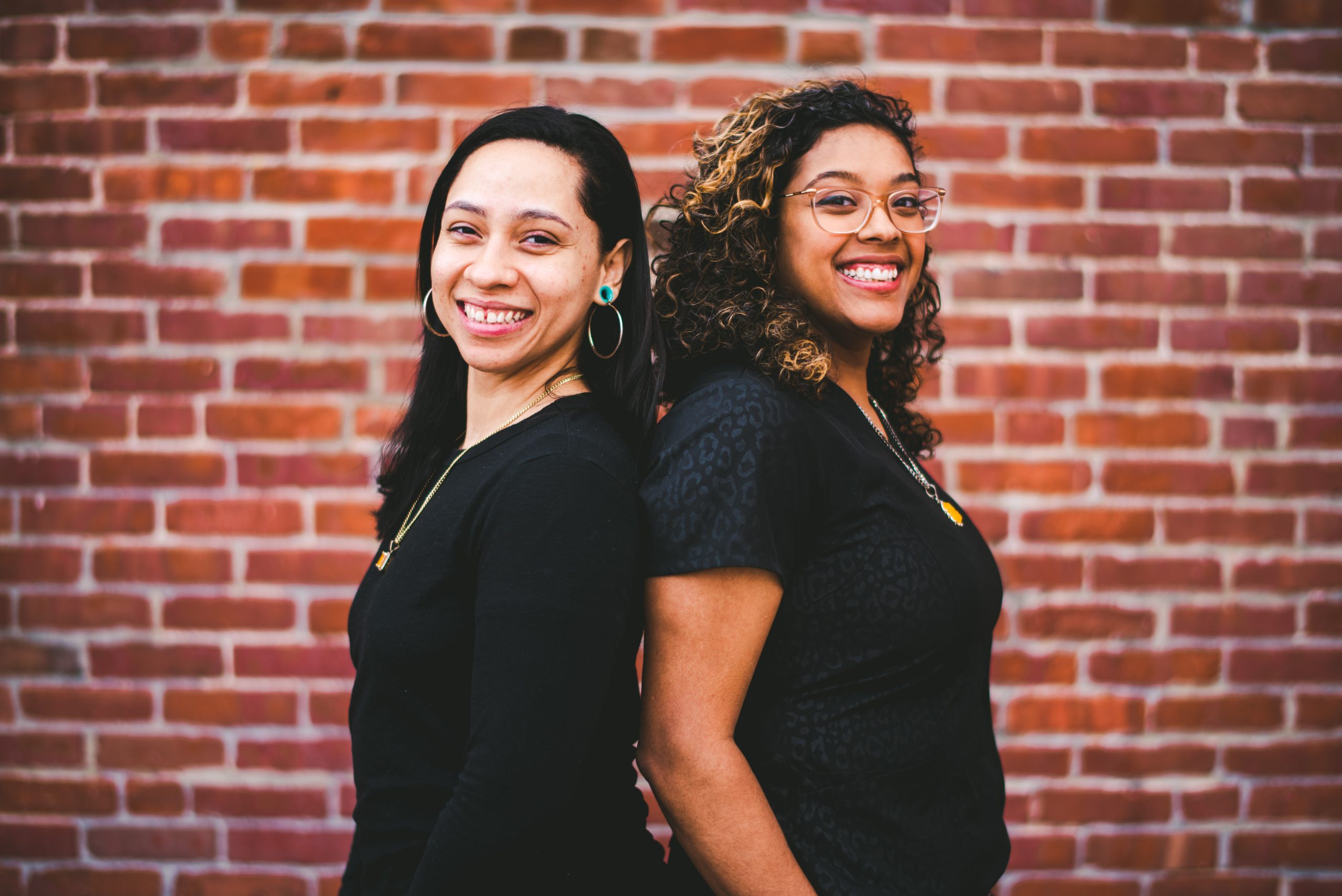Anne-Marie Saint-John, Alva, Long Island City, NY >
Why Business Loans for Women Are Still Hard to Get in 2020
In the U.S alone, there are now over 12.3 million businesses that are owned by women. Collectively, these businesses are responsible for generating over , and 40% of all companies in the U.S. are women-owned. We have 114% more female entrepreneurs than we did 20 years ago.

On paper, it all looks pretty good, right?
However, these numbers only tell a small part of a much bigger story. Sadly, the challenges faced by women in business are vastly different from those of their male counterparts. Combine this with the glaring gender pay gap results for 2020 that indicate that women earn 82 cents for every dollar earned by men in like-for-like roles, and you are still only scratching the surface of a major issue that exists not just here in the U.S. but also internationally.
#1 Access to Funding
Raising capital for a business venture is tough enough, but when you are a woman, it gets all the more challenging. Key findings in a report issued by Babson College were published after a deep analysis was conducted into U.S. venture capital investment in females over a 15-year period. This 2014 study found that only 3.2% of the businesses that received VC funds had female CEOs.
Ironically, this gap comes in spite of the fact that female-owned businesses perform just as well as or even better than those with male CEOs. To quote the exact figures from this report
– “Businesses with a woman on the executive team are more likely to have higher valuations at both first and last funding (64 percent higher and 49 percent higher, respectively).” [1]
ARTICLE CONTINUED BELOW
Three Reasons Why Women Still Struggle to Get Approved for Business Loans
- Women typically have lower personal credit scores
Despite the fact that women are known to owe and spend less[2], they still have a tougher time due to having lower credit scores than their male counterparts. Credit unions, banks, and other lending institutions use the credit scoring system as a key metric when deciding whether or not to approve a loan application. , around 20% of Americans have either a perfect or near-perfect credit score. To reduce their risk, banks typically only loan funds to those in this “perfect or near-perfect” bracket.
Consider a typical family situation in which all of the household bills are paid and loans are granted under the husband’s name. The wife obtains little to no debt or credit in her own name. As a result, the female adult of the household often has a low credit score, despite potentially being the manager of the money for the home and keeping everything on track.
- Women have a tougher time being taken as seriously as men in business
Despite the figures we’ve already highlighted, women do have a tougher time in terms of being taken as seriously as men. According to a recent survey on hired.com, over 65% of women feel they still face discrimination at work. The same student found that in 6 out of 10 cases, men were offered a higher salary than women for the same role. Although the pay gap is slowing closing, virtually 100% of all businesses owned by women are classified as small businesses. While there are successful female CEOs, almost all women-owned businesses are considered small.
A recent article in the Harvard Business Review speaks plainly on why women have a hard time being taken seriously; it’s called the work/family narrative.
“an unfortunate but inevitable ‘truth’—that goes something like this: High-level jobs require extremely long hours, women’s devotion to family makes it impossible for them to put in those hours, and their careers suffer as a result.”
Here’s why another person feels women in business still aren’t being taken seriously.
“Women are going to have kids and not want to work, or they are going to have kids and might want to work but won’t want to travel every week and live the lifestyle that consulting requires, of 60- or 70-hour weeks.”
- Women typically have less history in business and/or a lack of assets
If a business has not been operational for at least two years, then banks will not usually approve funding. There are exceptions, and the SBA loan program is one. Usually, you need a verifiable history in business. Women who have been raising a family and managing a household rarely have the same in-depth exposure to the business world as their male partners.

The venture capital system is failing female entrepreneurs who seek financing for businesses. Another HBR article describes how this bias is preventing funds from being allocated to the best business opportunities. Following a host of failed ICOs that were deemed to be high-profile, it is now thought that in order to get better VC results and outcomes, the bias against female entrepreneurs needs to end.
We couldn’t agree more.


